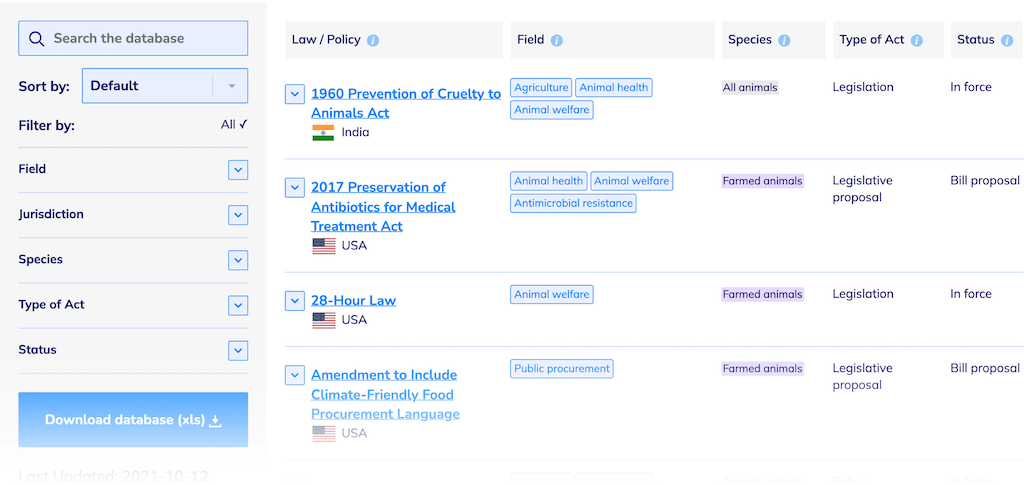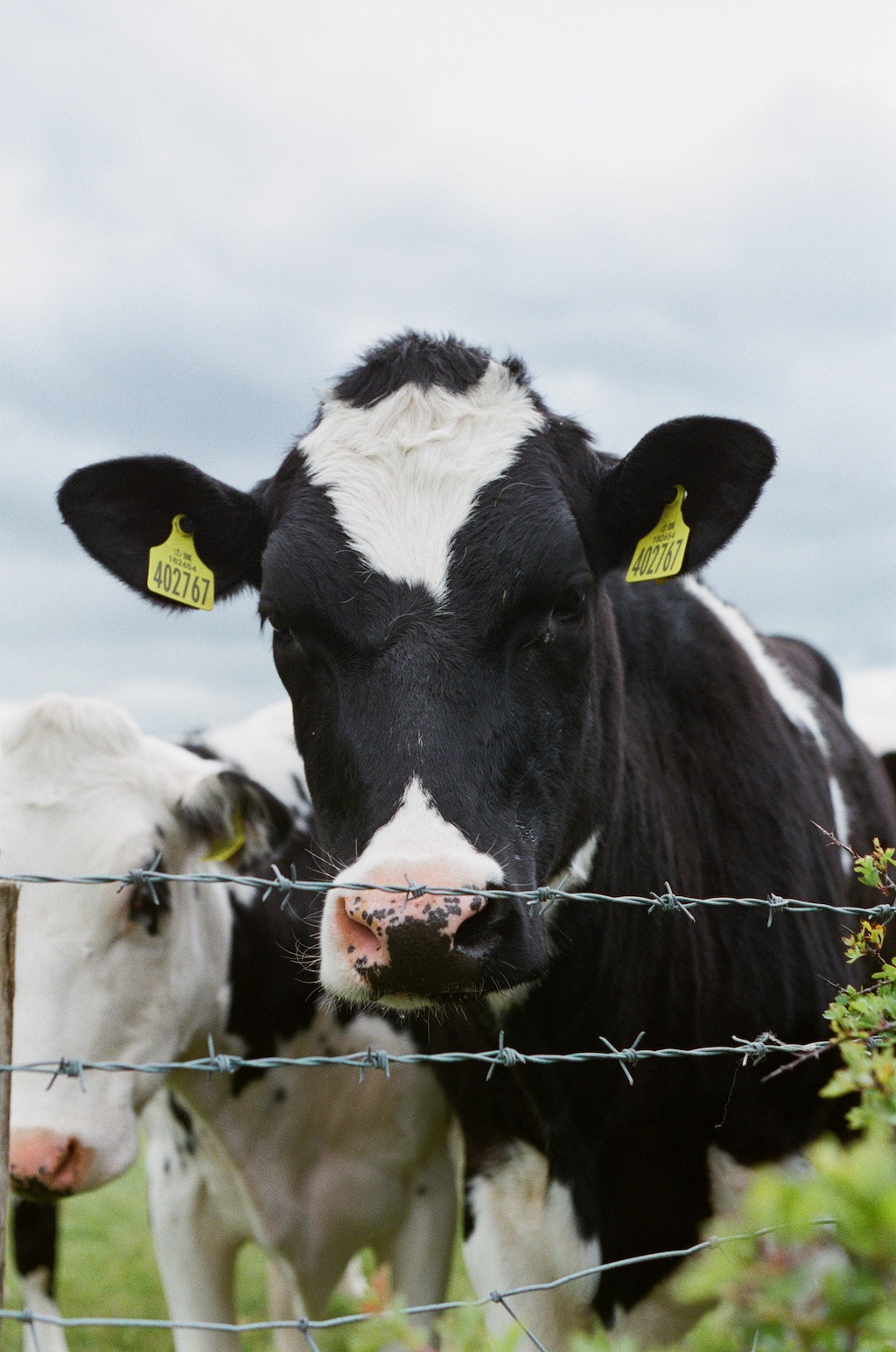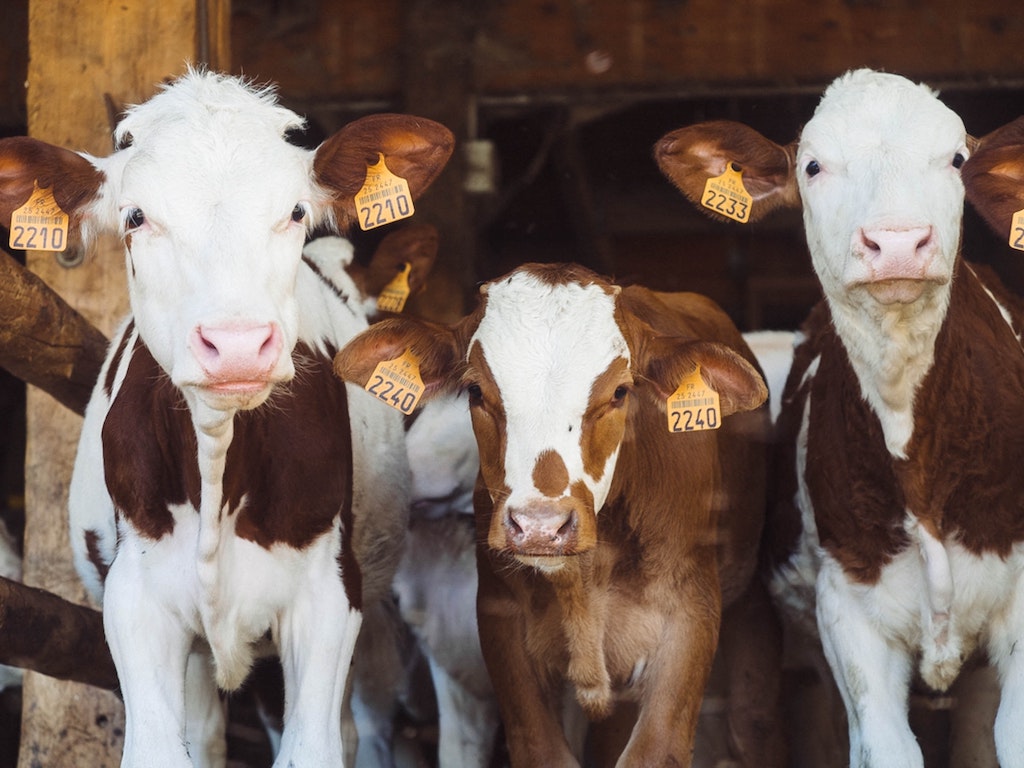3 Mins Read
There’s no question that animal agriculture must change to meet the world’s climate and health goals. But transitioning away from industrial animal farming is a huge task. One new tool, CALF, just launched online and it wants to help with this transformation towards a sustainable and ethical food system.
CALF is a database for farmed animal law and policy, which could help create a standard global framework to solve the issues of animal welfare, antibiotic resistance and environmental destruction associated with factory farms. It’s been launched this month by the Jeremy Coller Foundation, the same organisation behind the FAIRR Initiative, the $40 trillion investor network that aims to shift the world’s food system away from traditional animal agriculture.
CALF database
CALF, which stands for the Coller Animal Law Forum, aims to be a digital interactive tool that analyses and centralises all the laws and policies in the world impacting farmed animals. It represents the first all-in-one platform providing an overview of all legislation relating to issues of animal welfare, environmental protection in agriculture, the global animal trade and the overuse of antibiotics on industrial farms.

The Jeremy Coller Foundation has described it as a “transparent and standardised examination of laws” that seeks to fill the “lack of coherent and synchronised policy” in the global food system.
Through the online database, users can access this information and examine the strengths or weaknesses in current policies affecting farmed animals. It can help policymakers figure out where gaps lie in animal welfare, for example, or which approaches in other countries have shown to be effective in reducing emissions.
“The database also allows users to compare legislation and policies across jurisdictions to understand divergent approaches around the world,” said the organisation. “For instance, several jurisdictions in Europe have recognised animal sentience, with some requiring governments to enact provisions to protect animals, whilst other laws do not acknowledge animal sentience.”

Unsustainable animal agriculture
At the heart of the world’s broken food system is animal agriculture, which drives nearly a fifth of global GHG emissions, as well as climate-damaging practices such as deforestation. Livestock farming also uses up almost 80% of the world’s arable land, contributes to water pollution, soil erosion, and biodiversity loss.
In fact, the latest Meat Atlas 2021 report reveals that just five of the world’s biggest meat and dairy firms together have a larger carbon footprint than oil giants such as ExxonMobil or BP.
The Jeremy Coller Foundation says that its CALF platform hopes to arm policymakers, advocates and researchers with the information they need to make the protein supply chain more sustainable. It also hopes to guide legislation on the health-related problems of livestock farming, especially in light of the pandemic.
A recent UN report has highlighted factory farms as a key driver of antibiotic resistance and rising zoonotic diseases with the potential to explode into the next global pandemic.
Aside from being designed for legislators, academics, and governmental organisations, CALF will also provide information for individuals, who can use the platform to access easy-to-digest factsheets on the issues related to animal agriculture.
Lead image courtesy of Unsplash.




